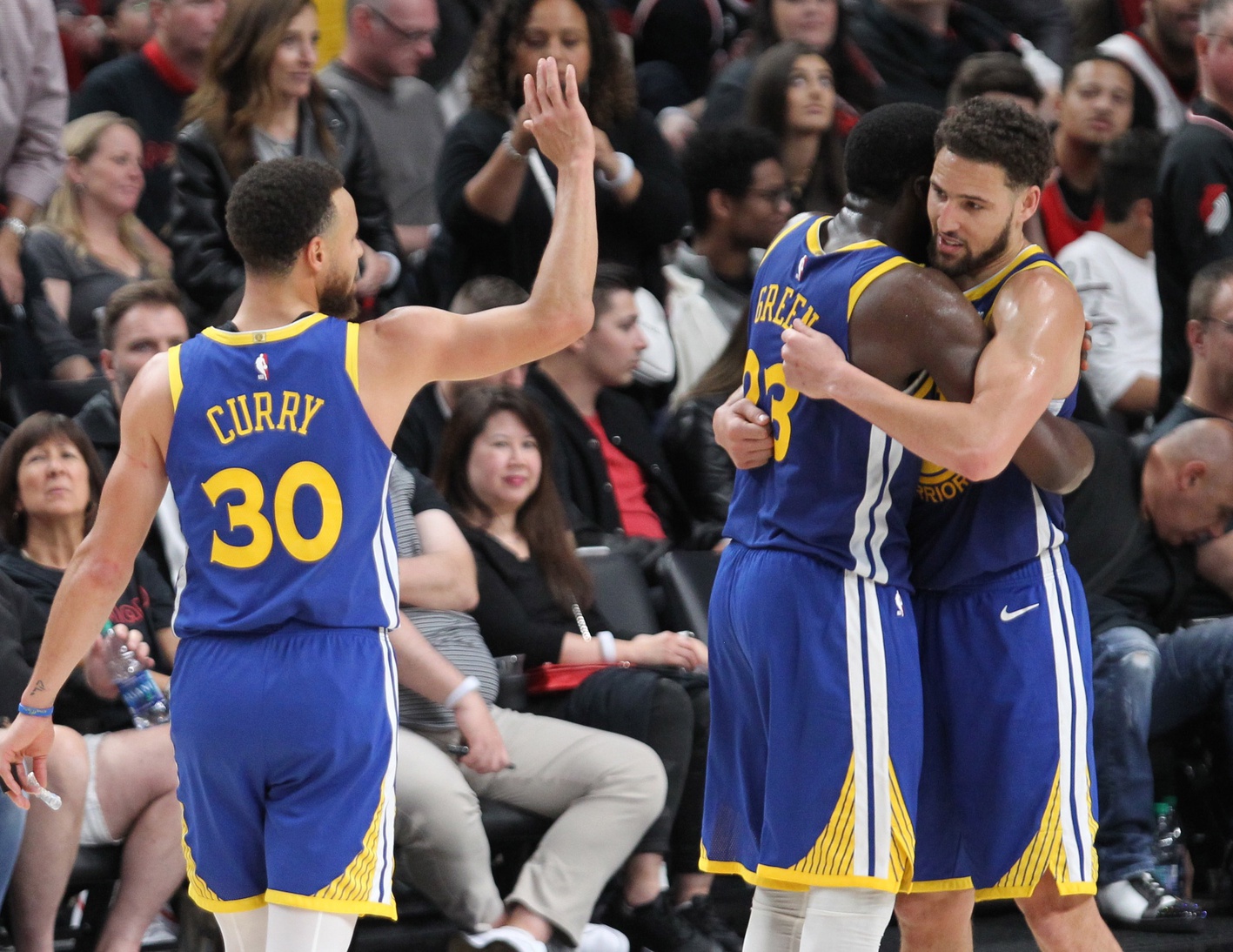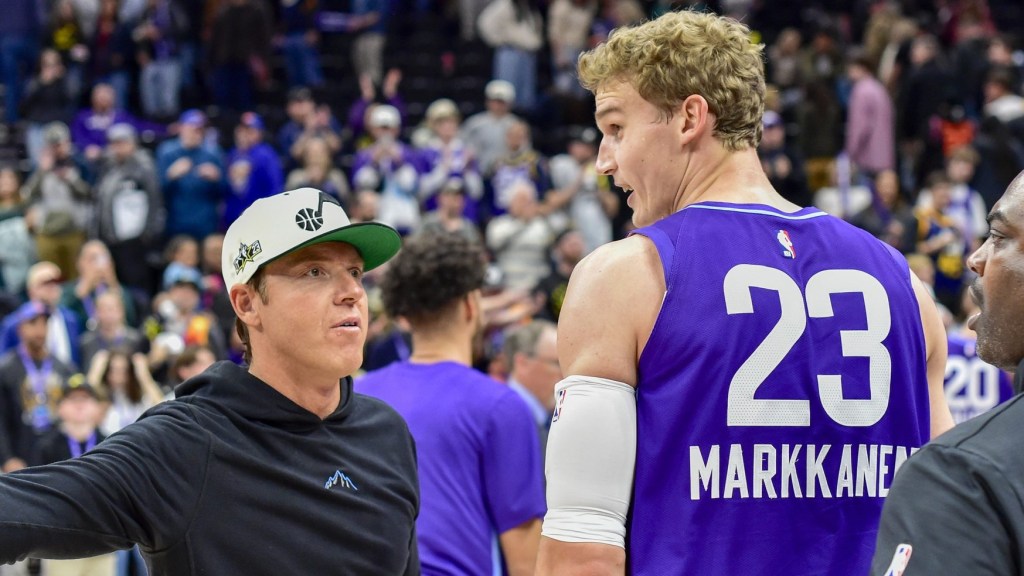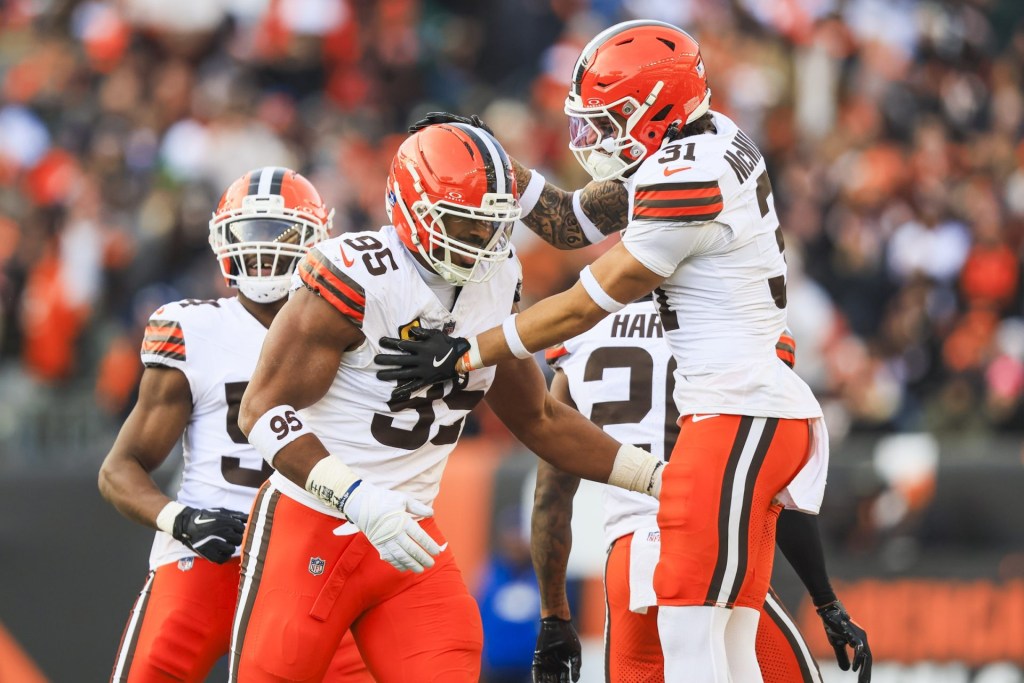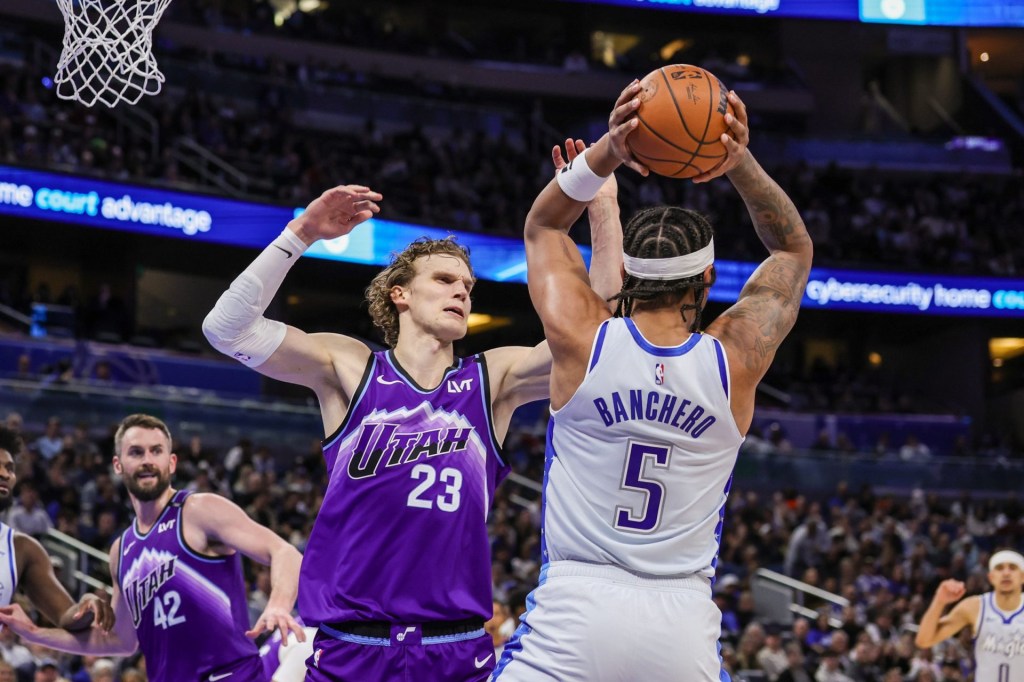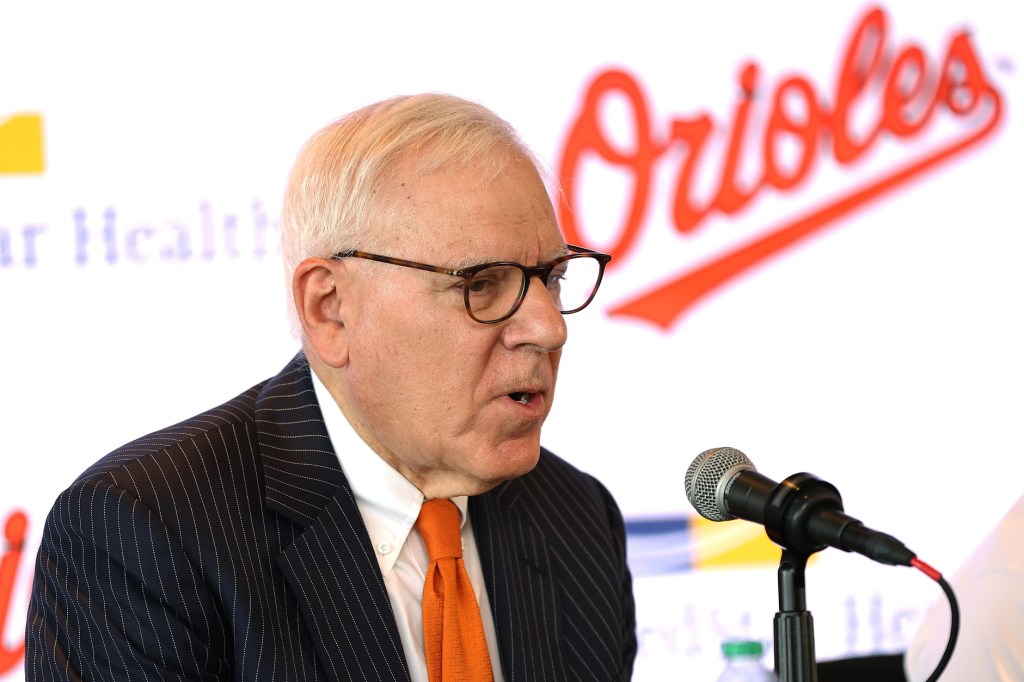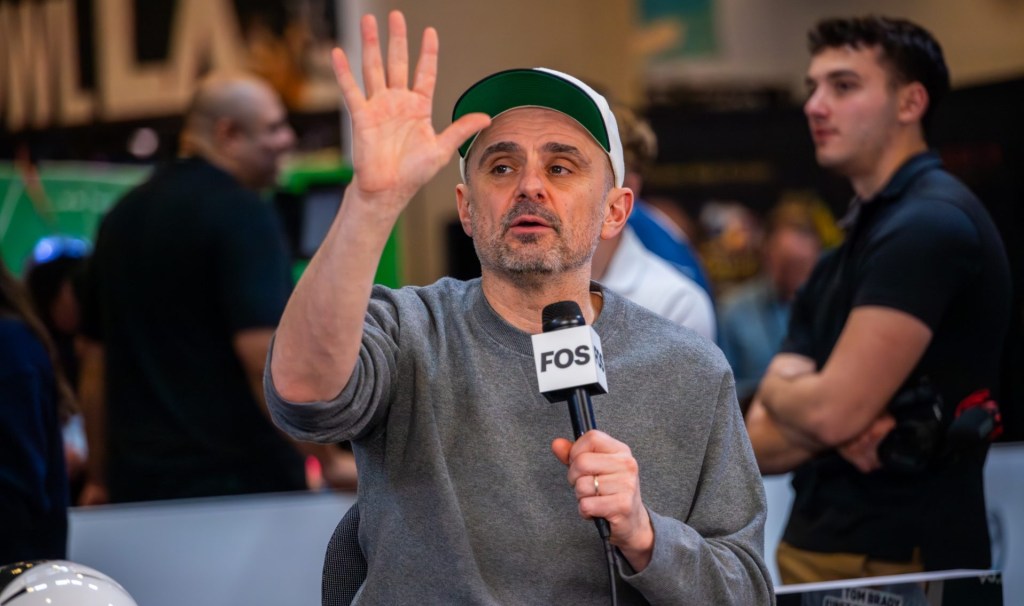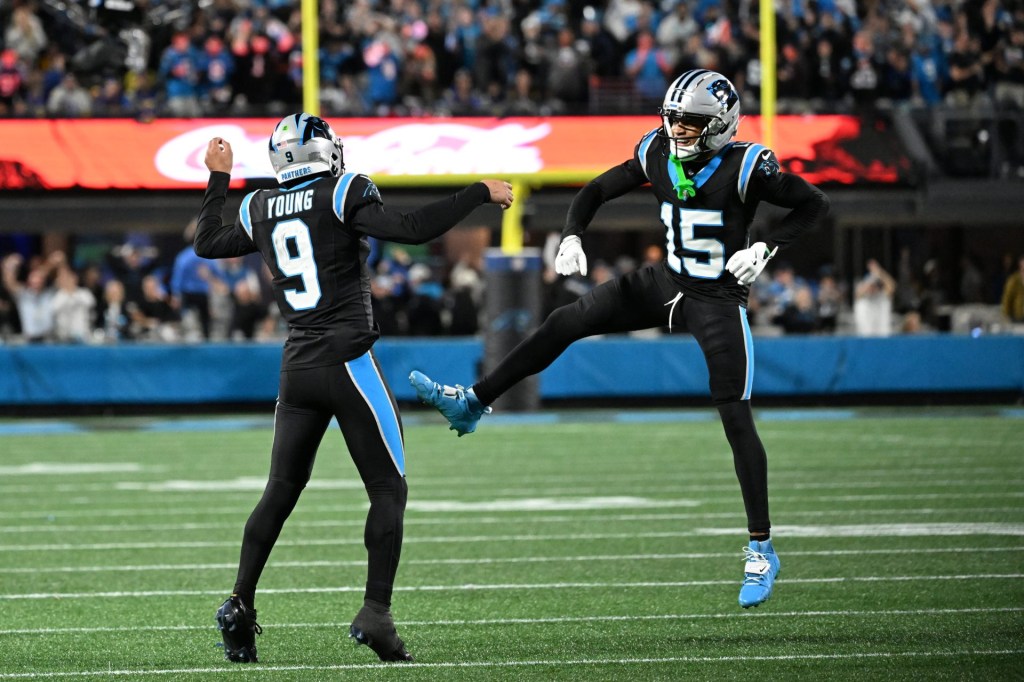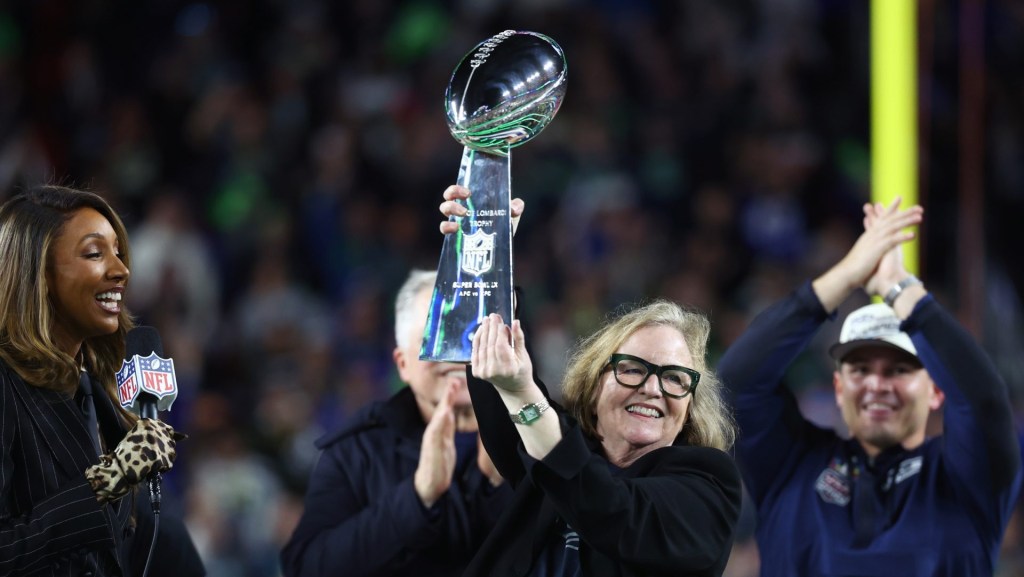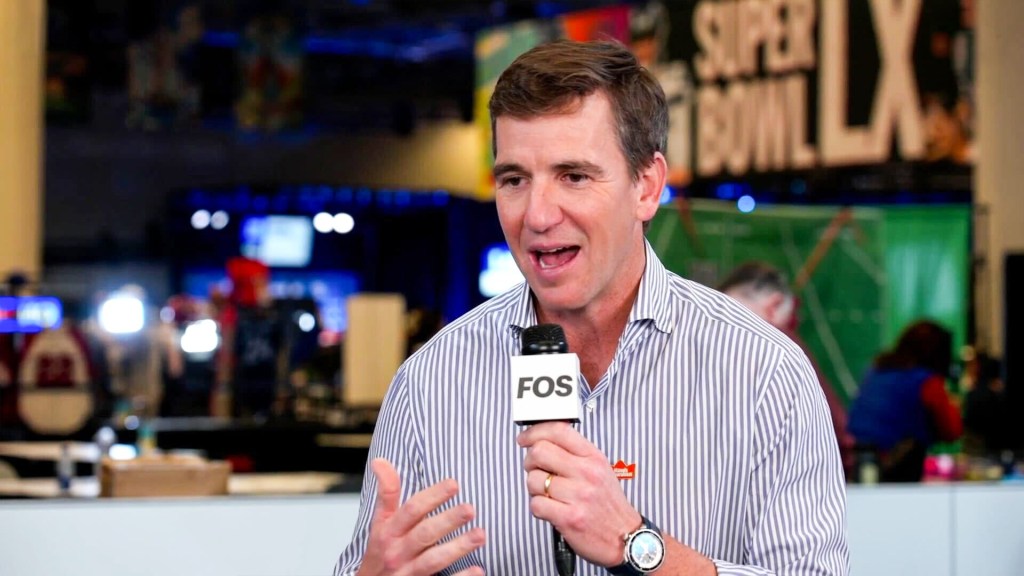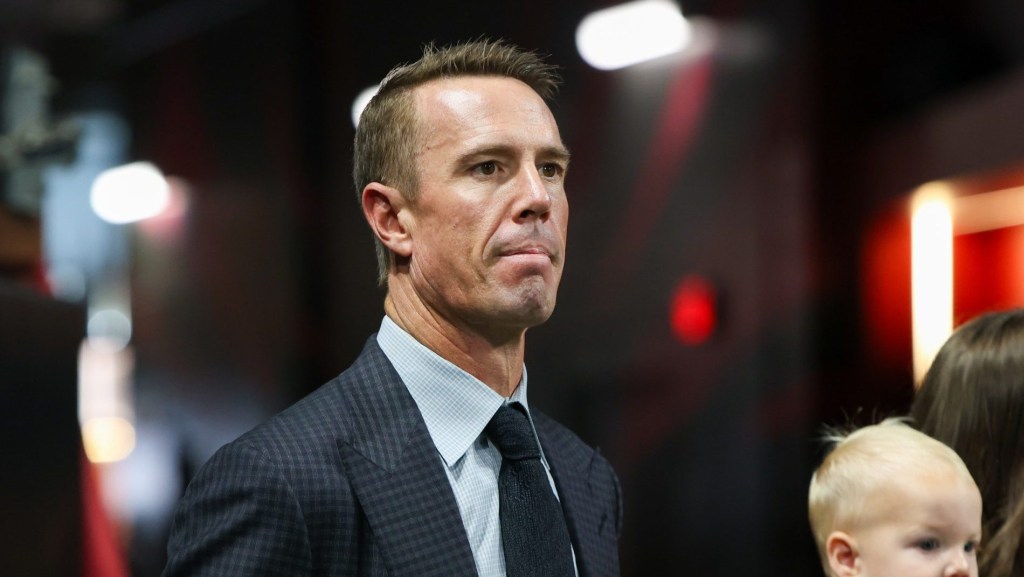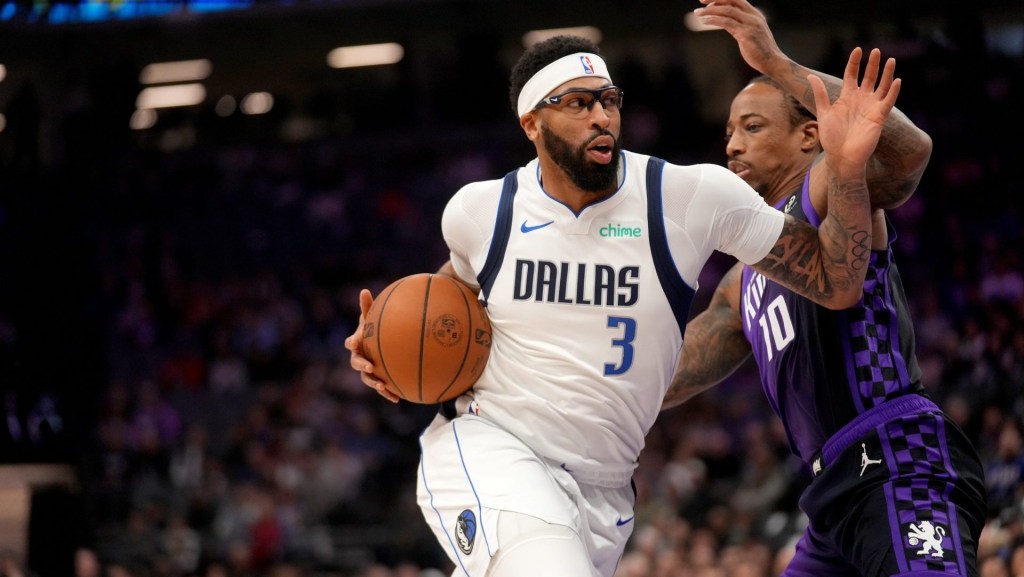Golden State Warriors general manager Mike Dunleavy Jr. recognizes the impact the NBA’s new second tax apron rule could have on his organization, which had an NBA record $346 million payroll last season when including salaries and luxury tax.
“I think first and foremost for Joe [Lacob] and the whole franchise, it’s a compliment,” Dunleavy Jr. told The Athletic. “They’re making rules to prevent you from succeeding, and I think that’s the way some of us, certainly Joe, sees it as. Financial implications that would maybe keep us from going to a certain level.”
Since Lacob became majority owner of the Warriors in 2010, the franchise has won four NBA championships and climbed to a reported $7 billion valuation. The NBA’s new collective bargaining agreement includes a second tax apron threshold, set about $17.5 million over the tax line, that, if crossed, will restrict teams from trading their first-round picks for seven years.
Dunleavy says rosters like the Warriors were “targeted” with the NBA’s new Player Participation Policy to limit teams from resting their healthy star players. The new rule figures to restrict the team’s attempts to rest veteran stars Stephen Curry, Klay Thompson, and Draymond Green, who are all looking for their fifth championship with Golden State.
“The rest stuff as well a little bit, it seems to be targeted at a roster similar to ours,” Dunleavy said. “So I think first of all you take it as a compliment. Just like Kareem [Abdul-Jabbar] when they took the dunk out [of college basketball], so you gotta first let it soak in. ‘OK, we did something right.'”
This offseason saw the Warriors re-sign Green to a four-year, $100 million extension and trade for veteran point guard Chris Paul in a deal that sent Jordan Poole to the Washington Wizards. Warriors ownership will also reportedly own a WNBA expansion team coming to the Bay Area.
